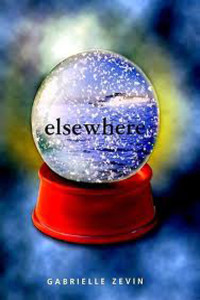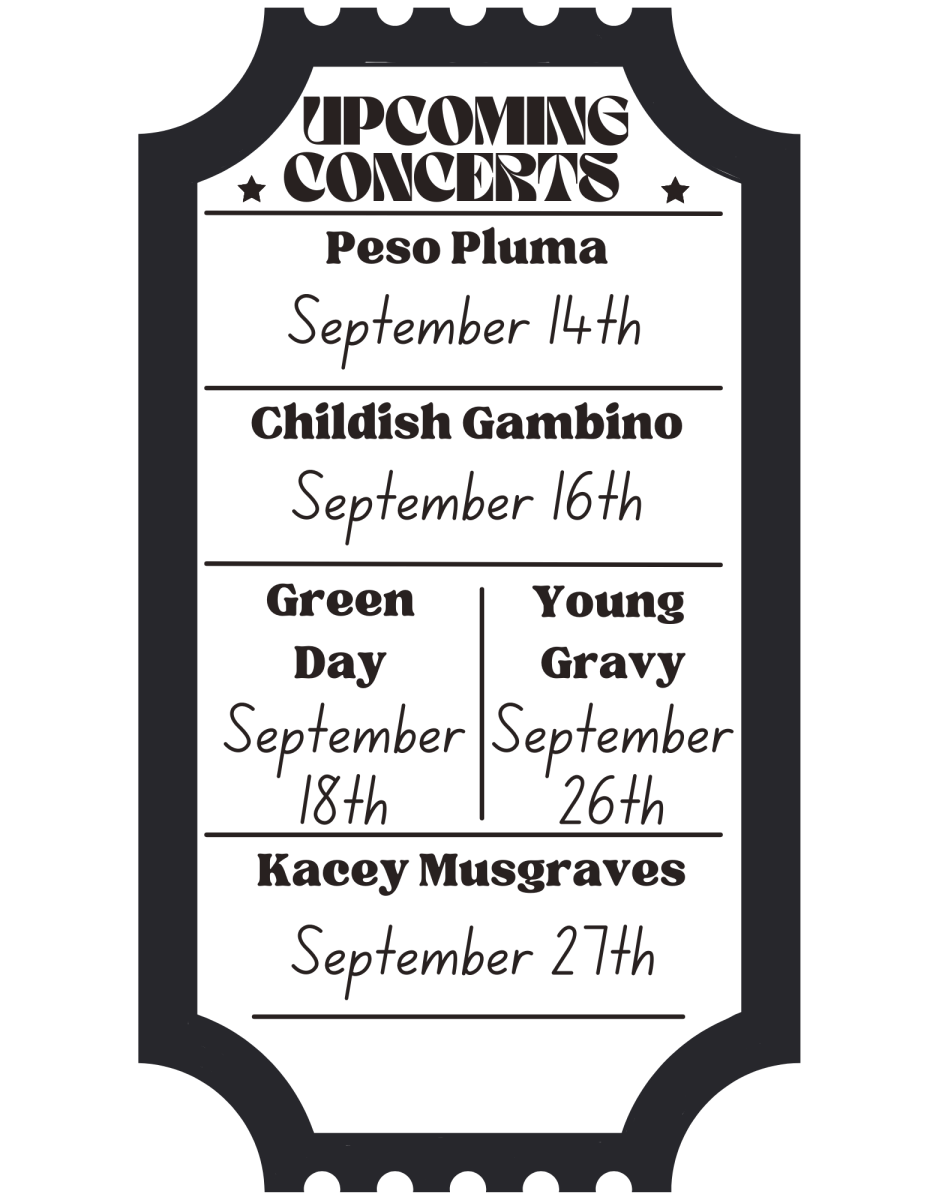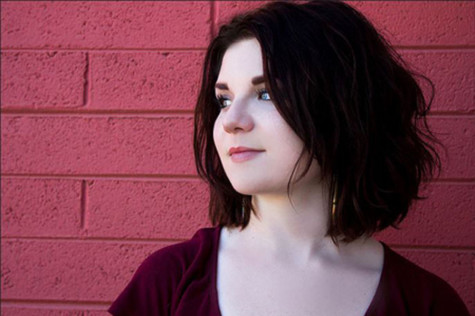I cannot classify Elsewhere as ‘good’ or ‘bad’. Gabrielle Zevin’s writing has a touch of mediocrity and junior-high appeal. Of course, the plot is fascinating, raising time-old questions like “What happens after we die?” I won’t focus excessively on characters, and writing, and everything else I’m so excellent at criticising. (Actually, I should acknowledge the somewhat awkward use of third-person present tense structure; you feel as though someone is describing the scene to you as it transpires, which is weird.) Besides, I don’t think it would have made a difference, really. Even if the writing was fantastic and if the characters were undeniably real, it wouldn’t matter. It all comes down to the novel’s premise.
Fifteen-year-old Liz Hall dies in a hit and run accident and wakes up on the S.S. Nile, a cruise ship that takes her to Elsewhere. Once she arrives, she meets her sixty-five-but-actually-thirty-four-year-old grandmother, with whom she lives for the duration of her existence in Elsewhere. Soon, she becomes acquainted with the dynamics and metaphysics of her life not only in Elsewhere, but back on Earth. You live, you die, you end up Elsewhere, and age backward, eventually becoming a baby and being sent off to Earth, only to live and die and age backward again. The best part is the impossibly slim chance of ever seeing anyone you love ever again. However, this eternal cycle presents to Liz an endless opportunity for personal growth, and fortunately, she takes it. Although she feels her life was left unfulfilled, she manages to compensate. I should mention that, unless you’re able to read with more objectivity, readers with any strong religious philosophies may feel uncomfortable with Zevin’s depiction of the afterlife.
After spending half a year pitying herself and longing for her family, she begins to let go and accept her strange existence, falling in love with a twenty-six-but-actually-seventeen-year-old boy. And then there’s the hopeless feeling I felt – that Liz managed to ignore – that she would never be with her family members again, because by the time they arrived Elsewhere, she would be sent back to Earth as a baby, unaware of her previous life.

Elsewhere isn’t Heaven, it isn’t even Hell. It’s a reverse Earth. Existence is like a circle, because you’re always moving, always changing, always forgetting, eternally so. But it’s also a line, because you never go back, to anything or anyone. It’s endless; it’s forever in both directions. Some readers may shed a few tears, because, despite my stubbornness, the book still evoked a bit of sadness from me. And it’s not your normal Nicholas Sparks sappy sadness, either. Elsewhere left me with that horribly empty yet wholesome feeling. Elsewhere will make you think, and possibly alter your attitude towards life.




